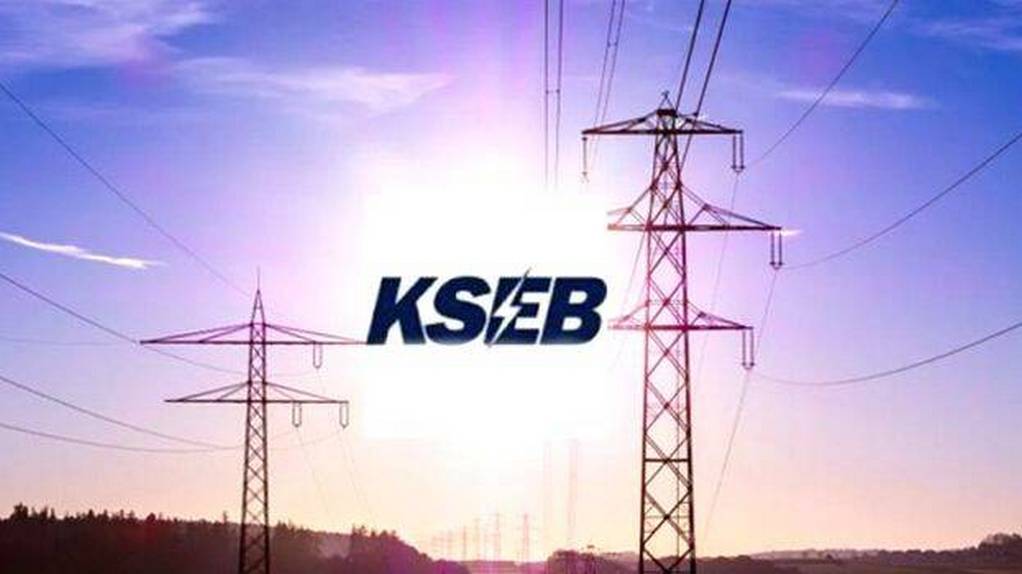The Kerala State Electricity Board (KSEB) has proposed introducing a green energy tariff of ₹2.543/kWh (~$0.034/kWh) for consumers who wish to switch to green energy.
The proposed tariff submitted to Kerala State Electricity Regulatory Commission (KSERC) for approval reflects the extra cost to be incurred by KSEB on additional renewable energy procurement over its average power purchase cost and charges for compensating the licensee for the intermittent nature of such energy.
KSEB has identified four main categories to simplify the additional cost components – marginal purchase cost, banking charges, backing down the cost of the conventional generator to absorb renewable energy, and deviation settlement mechanism (DSM) charge.
KSEB calculated the marginal cost of buying additional renewable energy to meet the green tariff requirement by considering the average cost of renewable energy, which is ₹3 (~$0.037)/ kWh.
However, more than this amount of renewable energy is needed to meet consumers’ demand. Therefore, KSEB must buy more renewable energy from other sources.
The variable cost of these sources is estimated by taking the weighted average variable cost of approved contracts, as the Commission has yet to approve the variable cost of unapproved contracts. The average variable cost of non-renewable sources is ₹2.19 (~$0.027)/ kWh.
Therefore, the marginal cost of buying additional renewable energy to meet the green tariff requirement is ₹0.81(~$0.01)/ kWh (₹3-2.19).
KSEB has estimated the banking charges for renewable energy by considering the difference between the Green Day Ahead Market (GDAM) purchase rate during evening/night hours and the sale price during daytime.
The market clearing price of GDAM for 2022-23 and the clearing price of the GDAM summary rate have been considered.
Thus, the banking cost is calculated by estimating the additional renewable energy requirement as 100 MW with CUF at 21%. The per-unit banking charge is determined to be ₹1.523 (~$0.019)/ kWh.
To integrate renewable energy into their systems, distribution companies (DISCOM) face integration issues and may have to pay higher fixed charges. Since renewables are given the must-run status, conventional generators are backed down when renewable energy generation is high, which results in DISCOMs paying backing down costs to conventional generators.
The degradation of heat rate, auxiliary energy consumption, and higher consumption of secondary fuel oil are reasons for running the plant below the specified plant load factor.
KSEB pays compensation charges to conventional generators for additional renewable energy purchases. The compensation charge is computed as ₹0.21 (~$0.0026)/ kWh.
The variable and weather-dependent nature of renewable energy sources necessitates balancing power to stabilize the active power balance of integrated power systems on short timescales from seconds to hours.
The cost of balancing renewables has been estimated to be in the range of ₹1.10(~$0.013)/ kWh by the Central Electricity Authority. The additional stranded capacity cost estimated for renewable energy integration is in the range of ₹1.02(~$0.012)/ kWh.
The variability and unpredictability of renewable generation can lead to deviations, resulting in payment of penalties for violation of operating limits under the DSM regulations. However, KSEB is not passing on this cost to consumers availing green energy as there is no intrastate deviation mechanism for accurately assessing the cost of deviation.
The DSM charges will be included in determining green tariffs once an intrastate DSM mechanism is introduced in the state.
After adding all these costs, KSEB has proposed a premium green tariff of ₹2.543(~$0.031)/ kWh.
KSEB noted that the proposed green tariff is a premium charge over the existing retail tariff. All other charges, as approved in the KSERC tariff order, will apply to the respective category of consumers.
KSEB has requested the green tariff to be revised annually on its petition.
Further, since the green tariff is a new category, it is impossible to ascertain the number of consumers who may opt for it. However, KSEB will capture and present the impact of this new tariff category during the truing up of FY 2023-24.
Consumers requiring green tariff may apply to KSEB one year in advance with the requirement and duration of supply. The consumers opting for green tariff must avail it for at least one year.
Last September, the Tamil Nadu Electricity Regulatory Commission deemed TANGEDCO’s proposal to charge a 150% premium over the HT category’s tariff for green energy too high. It approved a 10% premium instead.
In Andhra Pradesh, a green power tariff of ₹12.25 (~$0.15)/kWh applies to consumers who wish to avail power from non-conventional sources voluntarily.
Tags: Green Energy, Green Tariff, KSEB, Renewable Energy



Recent Posts
First ship to have pioneering sensor installed to measure emissions of particles
Incat Tasmania launches world’s largest battery-electric ship
India to supply 4.12 lakh tonne green hydrogen derivatives to Japan, Singapore
Green hydrogen gets official stamp as India notifies certification scheme
Wärtsilä expands methane slip reduction capabilities by introducing NextDF technology
GS E&C, Amogy, and HD Hyundai Infracore partner with South Korean City Pohang-si
SK Incheon Petrochem Launches South Korea’s First B30 Biofuel Marine Fuel to Support Maritime Decarbonisation
JSW Infrastructure Eyes Green Hydrogen and Ammonia to Power Sustainable Port Operations